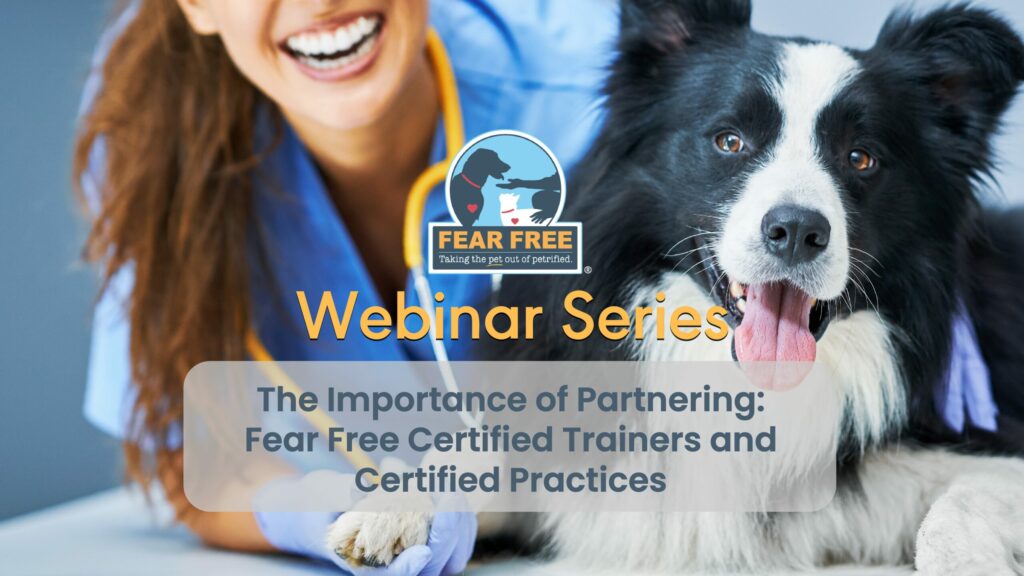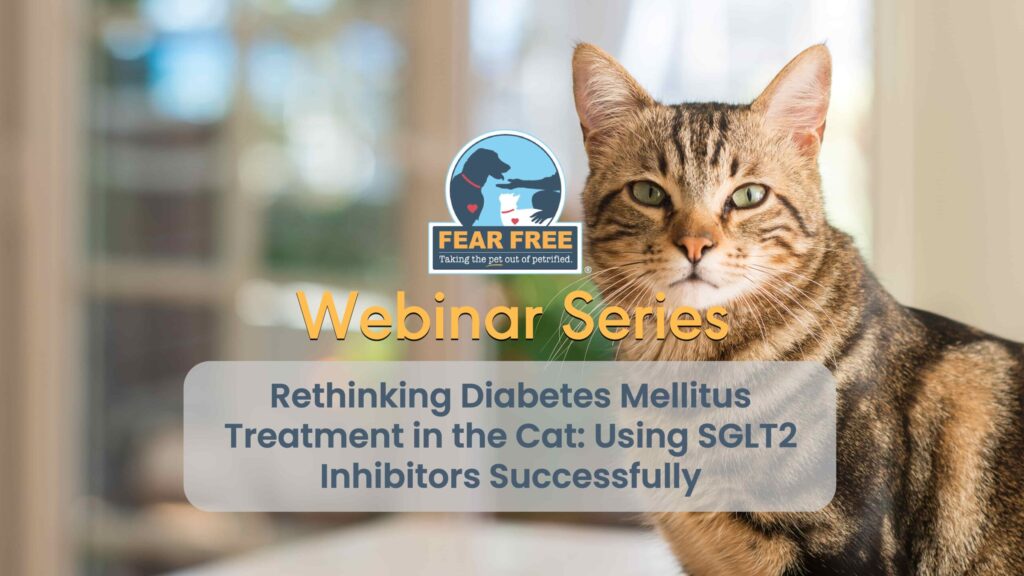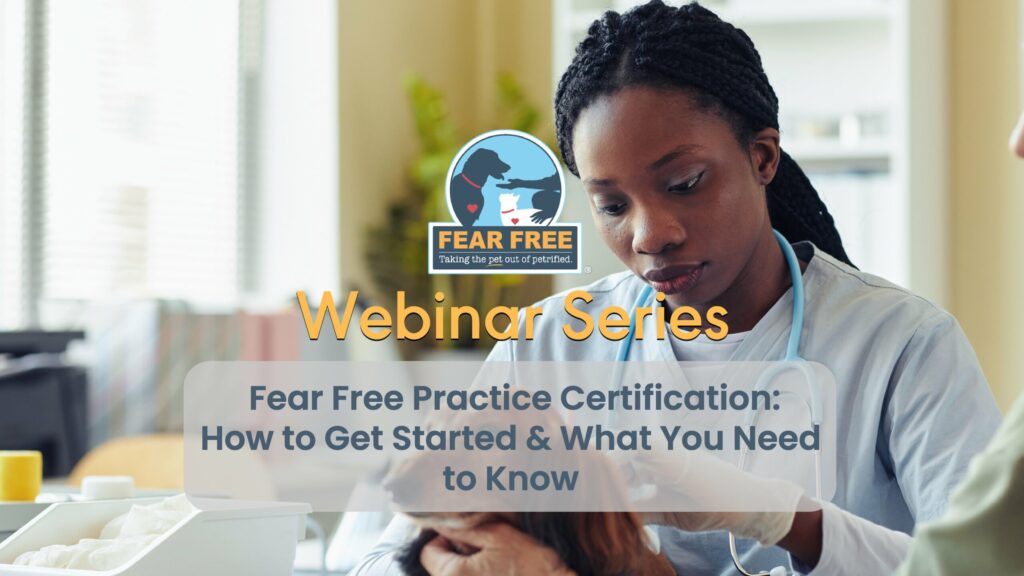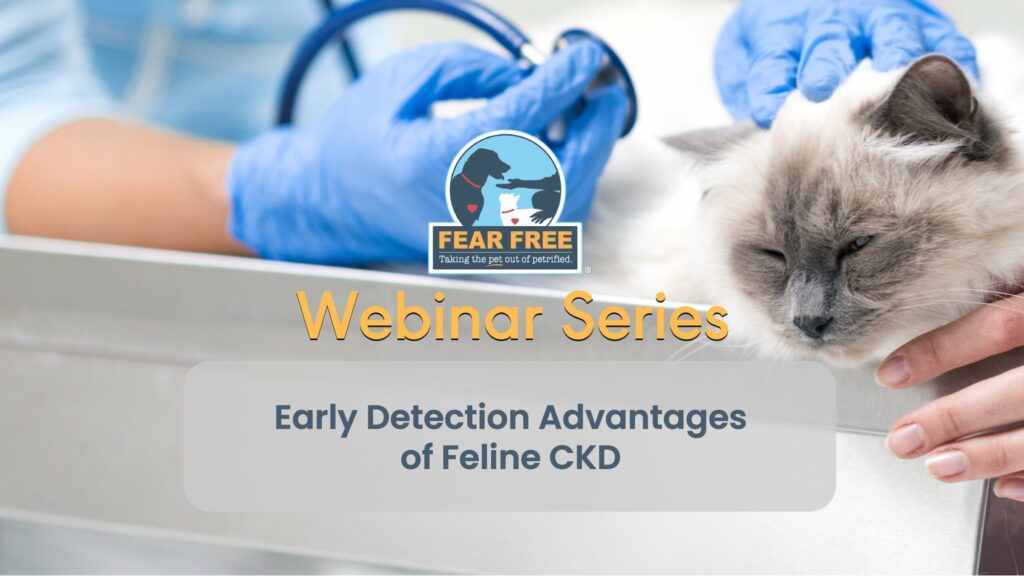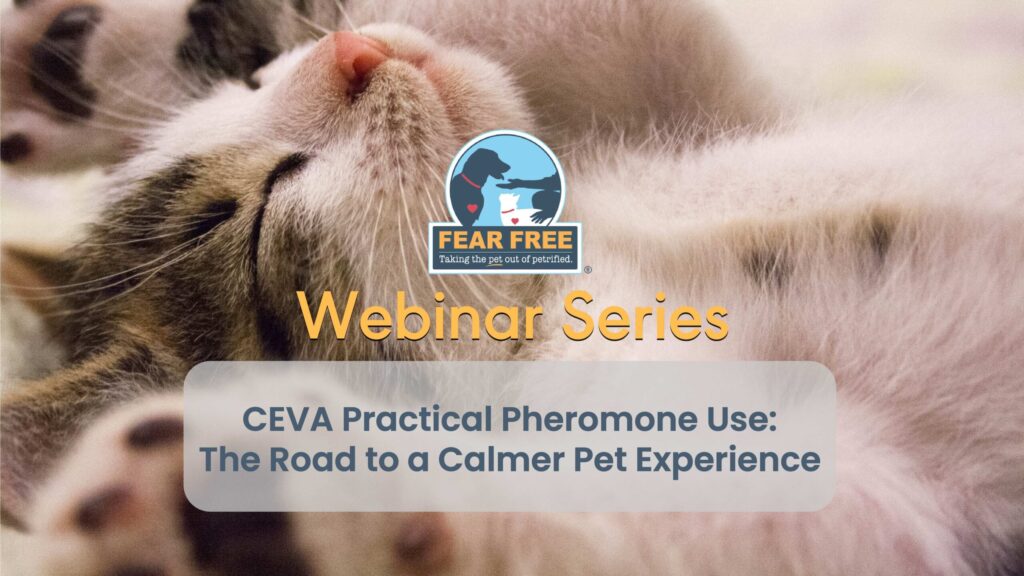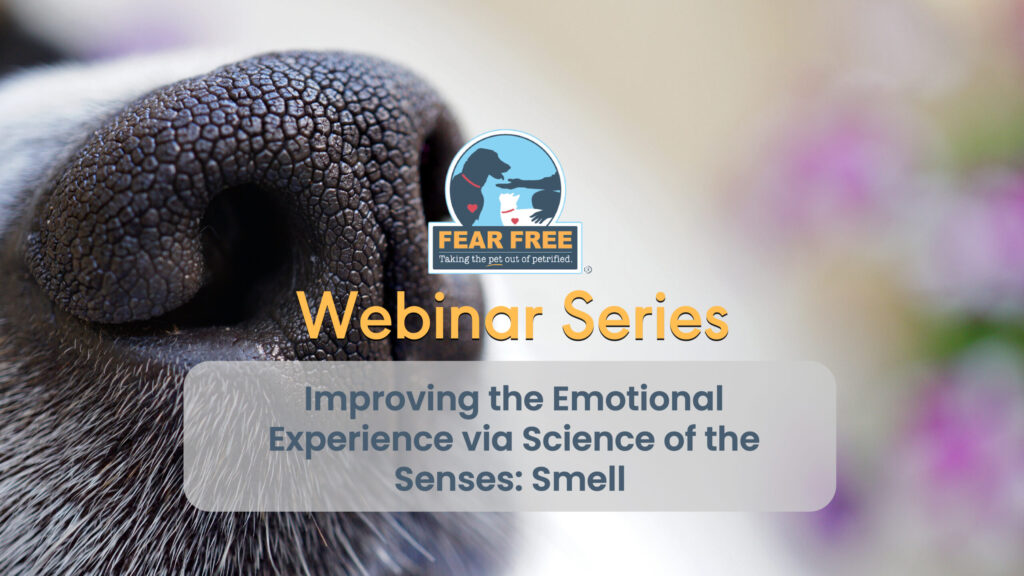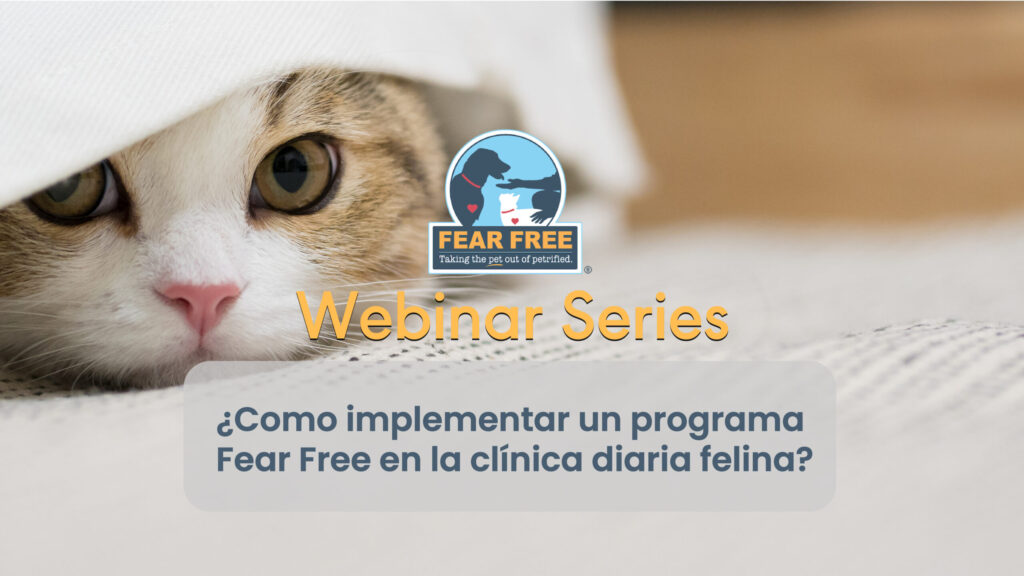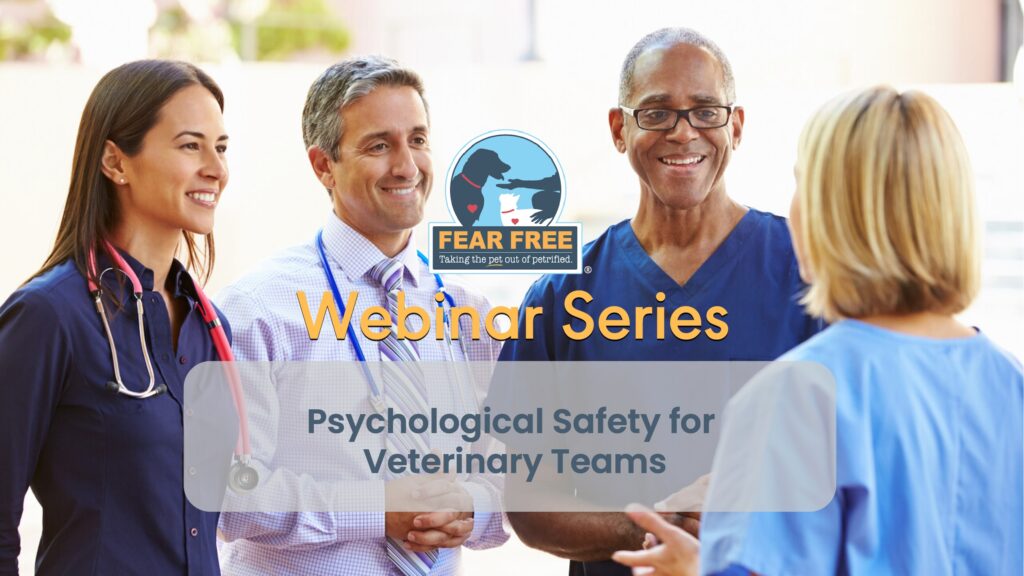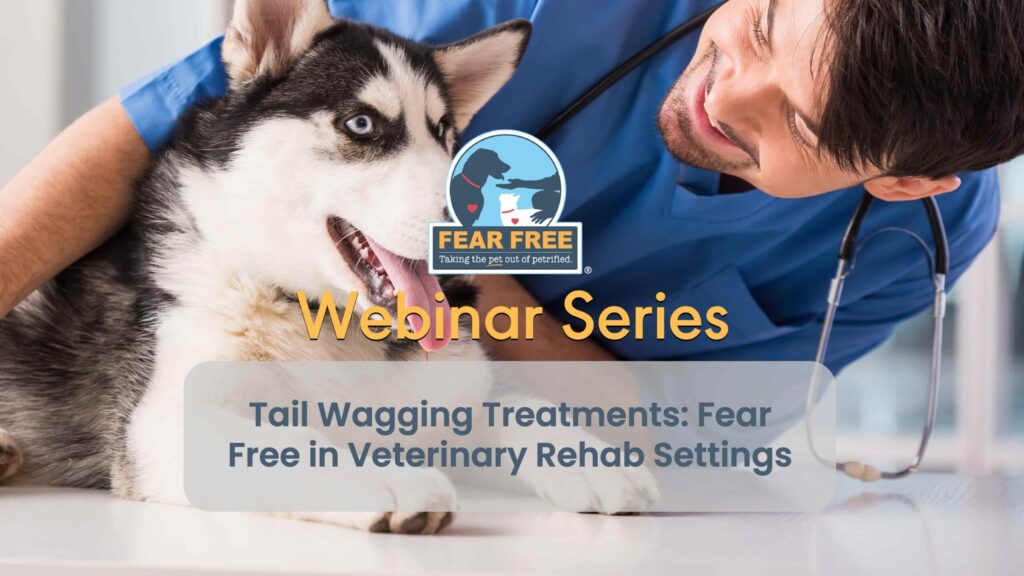
Tail Wagging Treatments: Fear Free in Veterinary Rehab Settings
There are a wealth of opportunities after graduation, one of those being veterinary rehabilitation. Whether you become a rehabilitation veterinarian or weave rehabilitation into your general practice treatment plans, join us as we discover how to reduce fear, anxiety, and stress in pets during their rehabilitation. This webinar will discuss the possibilities of veterinary rehabilitation post-graduation, common stressful events for pets during their rehabilitation treatments, and methods to reduce FAS within your treatment plans.
